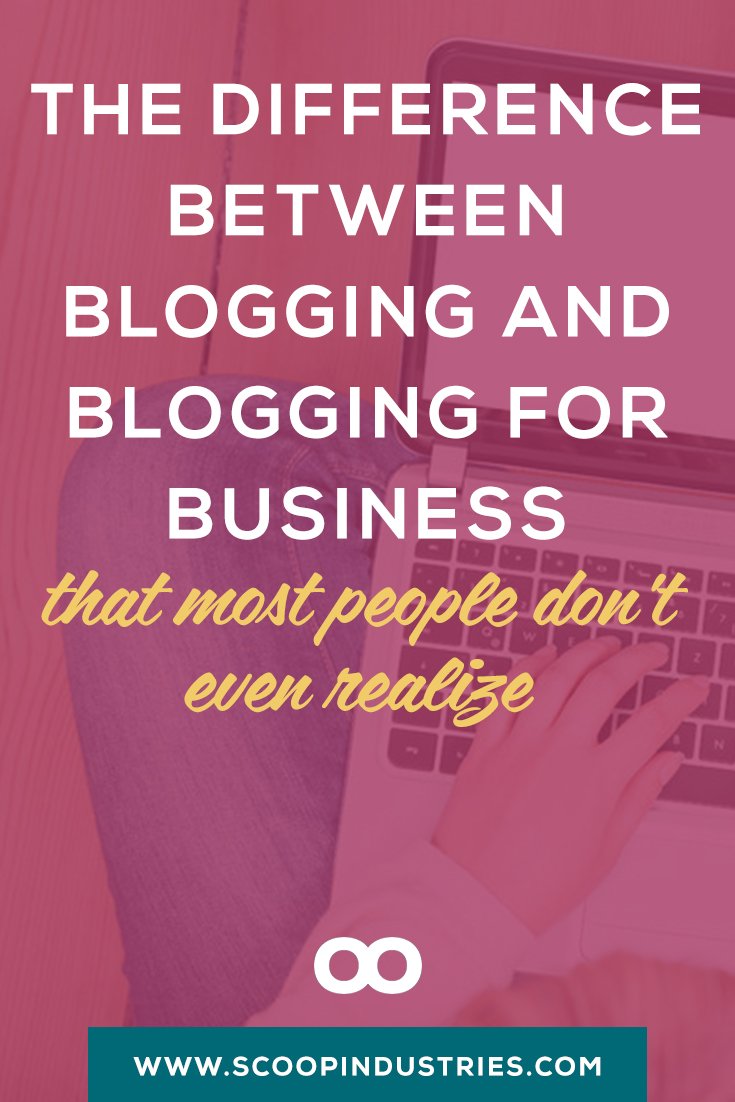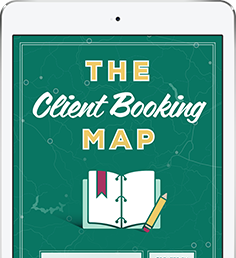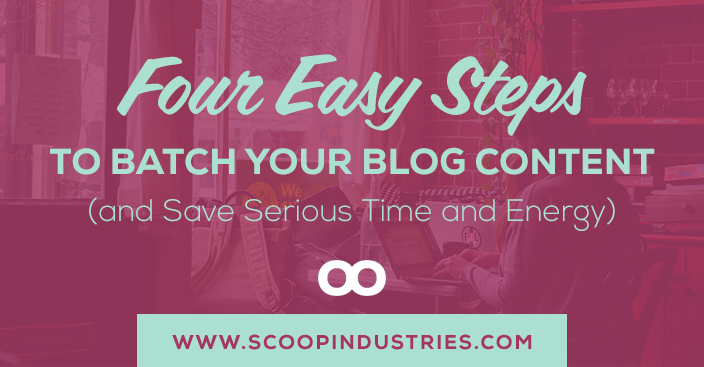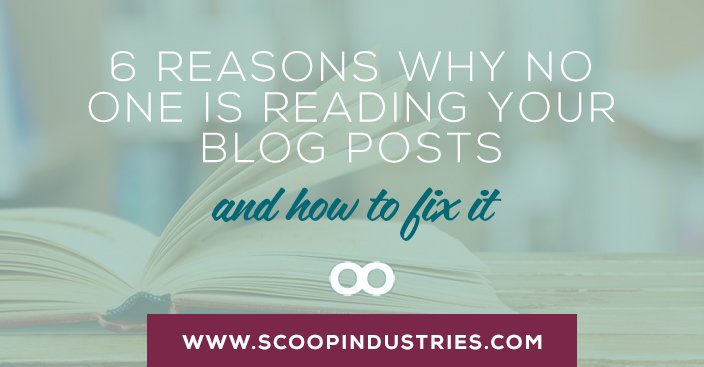
When I first started blogging way back in the day, I was seriously deluded. I didn’t know a lot of people who were blogging, but I did know that people made money from their blogs.
I had literally just started my papercrafting business, teaching classes and selling my favorite products, and I thought “hey, what if I could make money blogging about this stuff?”
I didn’t realize at the time that the two actually went together hand in hand. (This is before content marketing was a thing and blogging wasn’t something businesses were doing widely.)
The result (as I’ve shared before) was some hardcore frustration and annoyance. I wondered more than once if I should quit, and as I started learning more and more about blogging I realized one thing.
Everything I was learning about blogging was from other bloggers. Bloggers who were selling ads and sponsored posts. Bloggers who weren’t running a business aside from their blog.
I was learning about apples when I was selling oranges and for me to use my blog to support my business, I needed to do things differently.
The good news is that I learned this lesson relatively early on.
But the bad news is that I see so many business owners blogging in a way that doesn’t really serve them. They spend all this time on blogging in a way that doesn’t actually help them accomplish their goals.
Blogging for business is different than blogging. And most people don’t realize it. Not all blogs are created equal.
So, how do we know the difference and create a blog that supports the business you’re building?
How Do You Get Paid?
It starts with how you get paid. If you’re a blogger, your focus is on monetizing and making money through your posts themselves. You’re looking to make money via sponsored posts, reviews, affiliate income, advertising and more.
When you’re a business owner using a blog as a marketing channel, you’re selling services, products or programs. The role of your blog is to help you turn your readers into a loyal audience, a percentage of whom, over time, will buy from you.
The relationship between your blog posts and your income generated isn’t always going to be a straight line as a business owner, but you need to ensure that the time you spend on your blog is driving results.
What Results Should You Really Expect?
If you’re blogging as a blogger, I can’t really speak to that. But as a business owner with a blog, your blog creates the foundation for your marketing platform.
Your blog becomes the place you share your views, educate your audience, and connect with them on ongoing basis. The blog becomes the “hub” to which all of your other efforts from social media to email marketing come back. (Best of all, you own the blog, so you’re not at risk of things going out of style or not being seen in the newsfeed.)
In my experience (with my own blogs in different industries and in working with clients), your blog – when done with intention and intelligence – enables you to:
- Build an audience that knows, likes and trusts you.
- Helps people understand what’s different about you and your offerings.
- Position yourself as a subject matter expert.
- Turn visitors into subscribers.
- Book clients or make sales.
None of this is an overnight thing – it will take time. But if you’re blogging with a strategy and connection that serves your audience, results will follow. (We talk about the strategy you need in detail in Blogging School, which is now open for enrollment.)
How Fast Will Results Happen?
One of the biggest challenges of bloggers is not only building an audience, but having an audience that’s big enough for them to monetize.
When you’re blogging for business, you don’t need tens of thousands of readers because you’re building your client base one person at at time. If you’re selling services, you have limited bandwidth and can be extremely profitable with a small readership. (If you’re selling products, you need a bigger audience, but still not on the level as if you were a straight up blogger.)
Blogging for your business can enable you to create connections with your audience swiftly and in a way that’s deeper than other channels.
Think of it this way – when someone’s read multiple posts over time, they’ve had the opportunity to go through a journey with you. By the time they’re ready to take action, their decision to work with you or purchase from you is pretty much made.
That’s exactly how my Maggiepatterson.com blog was built back in 2013, and my papercrafting blog back in 2008 became a success. By focusing on blogging as a business strategy – and not trying to be a blogger and getting distracted with other tactics.




